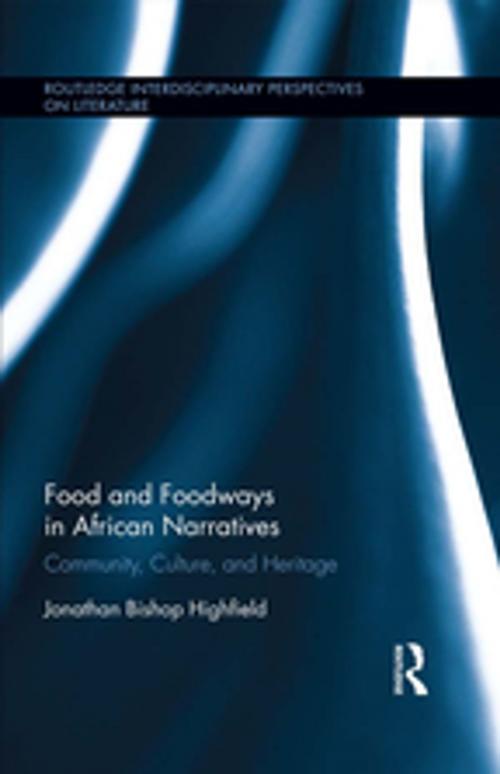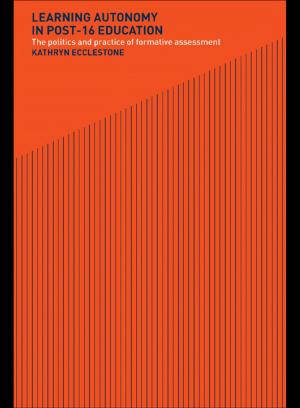Food and Foodways in African Narratives
Community, Culture, and Heritage
Fiction & Literature, Literary Theory & Criticism, African, Nonfiction, Social & Cultural Studies, Social Science, Anthropology| Author: | Jonathan Bishop Highfield | ISBN: | 9781351764421 |
| Publisher: | Taylor and Francis | Publication: | April 7, 2017 |
| Imprint: | Routledge | Language: | English |
| Author: | Jonathan Bishop Highfield |
| ISBN: | 9781351764421 |
| Publisher: | Taylor and Francis |
| Publication: | April 7, 2017 |
| Imprint: | Routledge |
| Language: | English |
Food is a defining feature in every culture. Despite its very basic purpose of sustaining life, it directly impacts the community, culture and heritage in every region around the globe in countless seen and unseen ways, including the literature and narratives of each region. Across the African continent, food and foodways, which refer to the ways that humans consume, produce and experience food, were influened by slavery and forced labor, colonization, foreign aid, and the anxieties prompted by these encounters, all of which can be traced through the ways food is seen in narratives by African and colonial storytellers. The African continent is home to thousands of cultures, but nearly every one has experienced alteration of its foodways because of slavery, transcontinental trade, and colonization. Food and Foodways in African Narratives: Community, Culture, and Heritage takes a careful look at these alterations as seen through African narratives throughout various cultures and spanning centuries.
Food is a defining feature in every culture. Despite its very basic purpose of sustaining life, it directly impacts the community, culture and heritage in every region around the globe in countless seen and unseen ways, including the literature and narratives of each region. Across the African continent, food and foodways, which refer to the ways that humans consume, produce and experience food, were influened by slavery and forced labor, colonization, foreign aid, and the anxieties prompted by these encounters, all of which can be traced through the ways food is seen in narratives by African and colonial storytellers. The African continent is home to thousands of cultures, but nearly every one has experienced alteration of its foodways because of slavery, transcontinental trade, and colonization. Food and Foodways in African Narratives: Community, Culture, and Heritage takes a careful look at these alterations as seen through African narratives throughout various cultures and spanning centuries.















